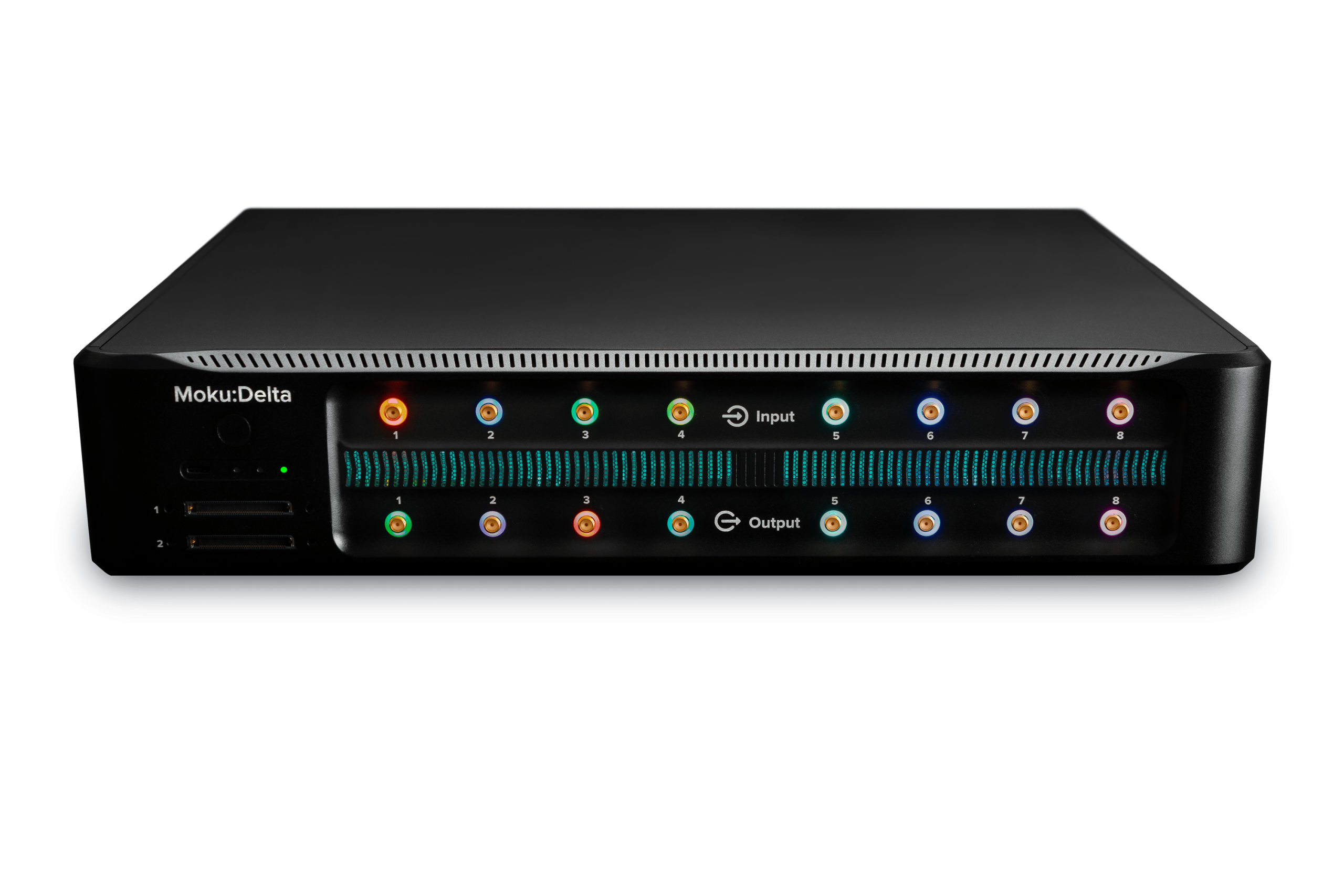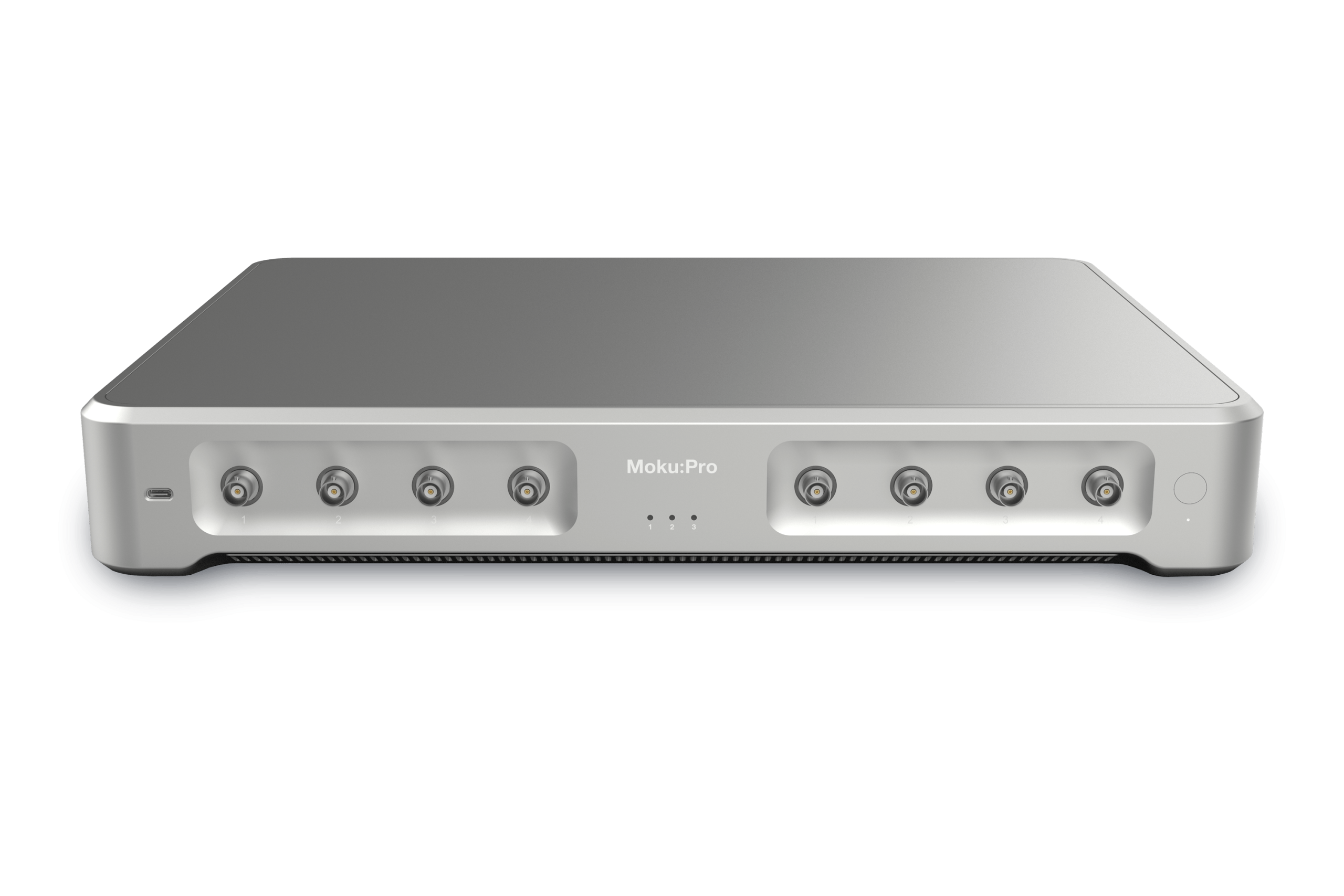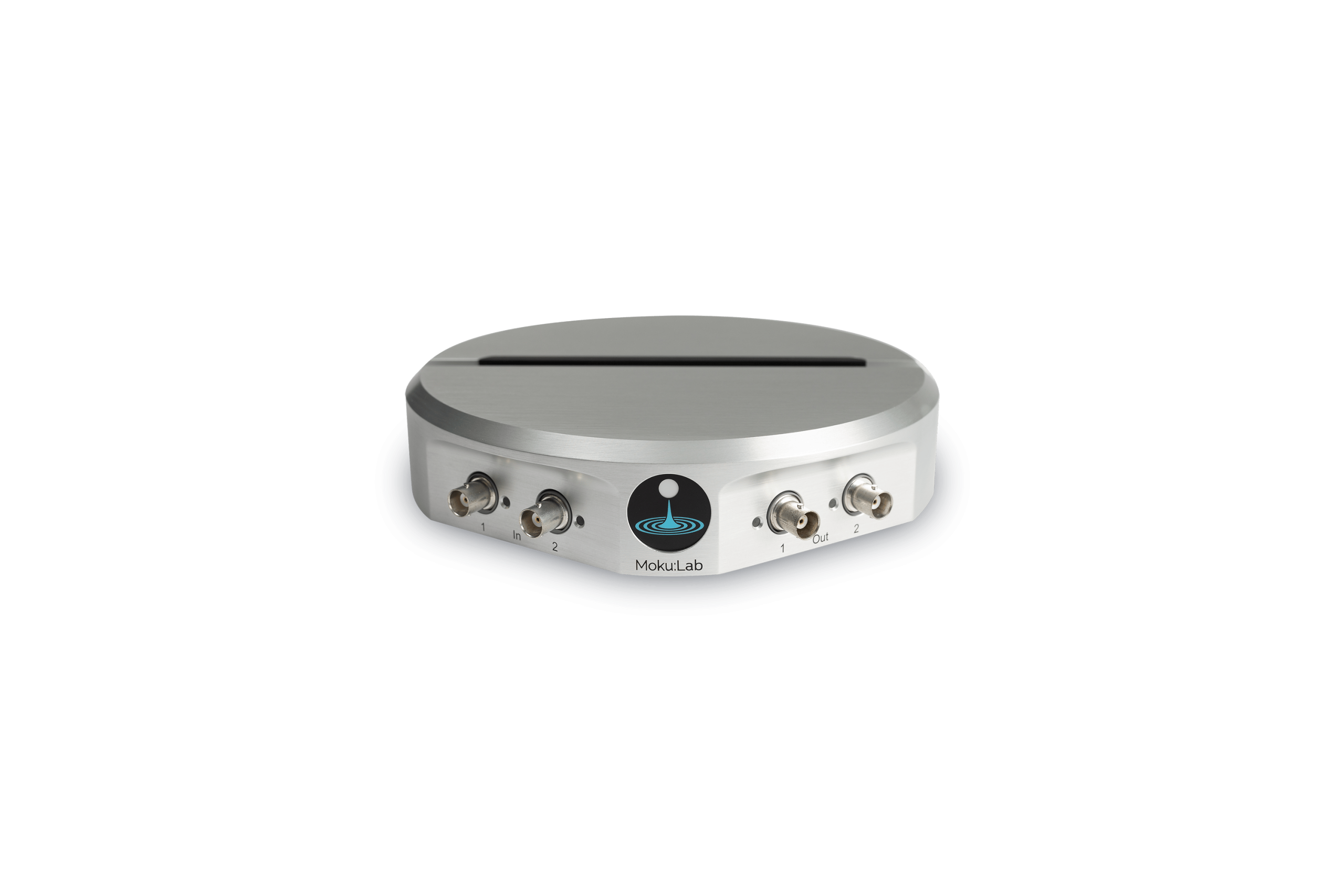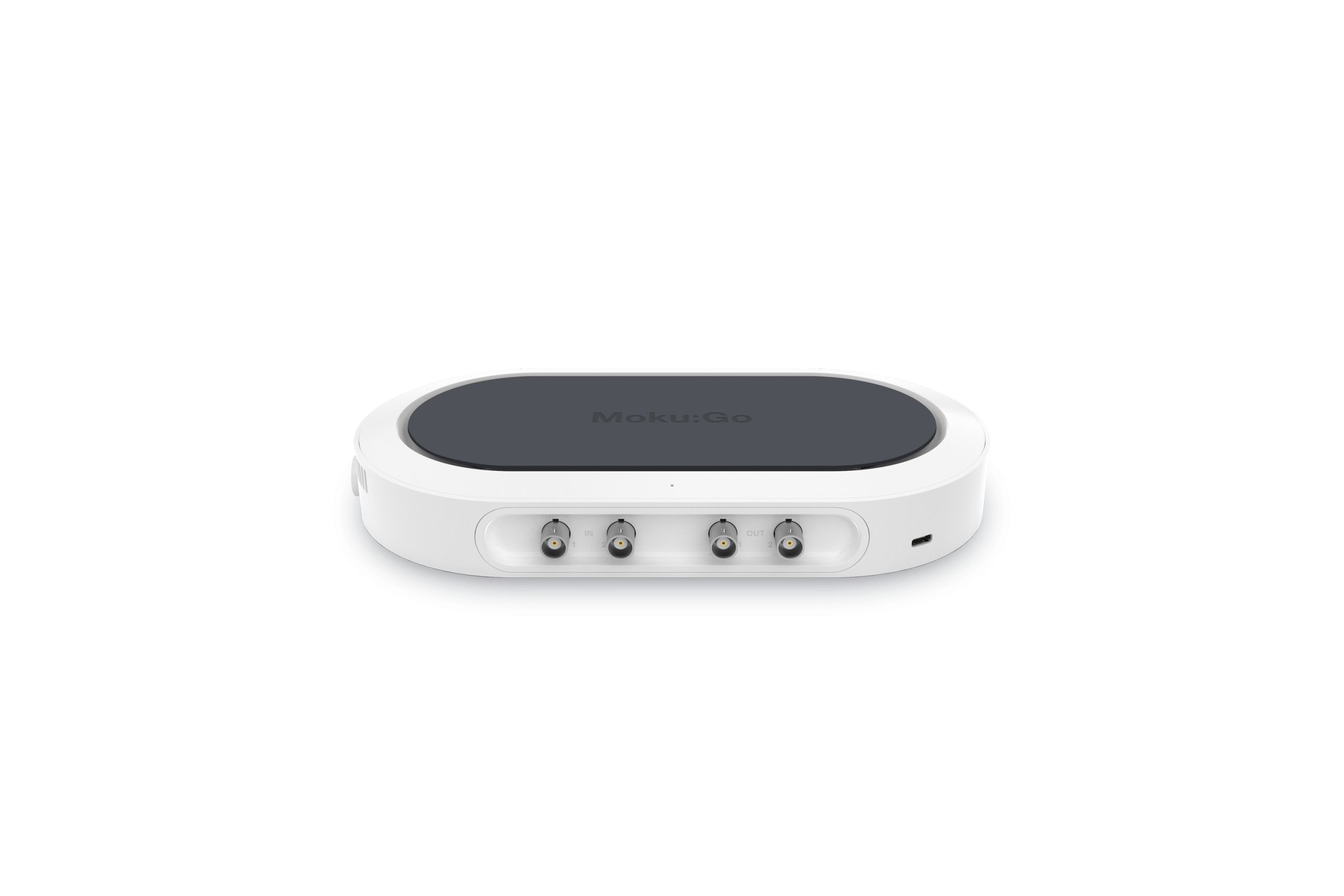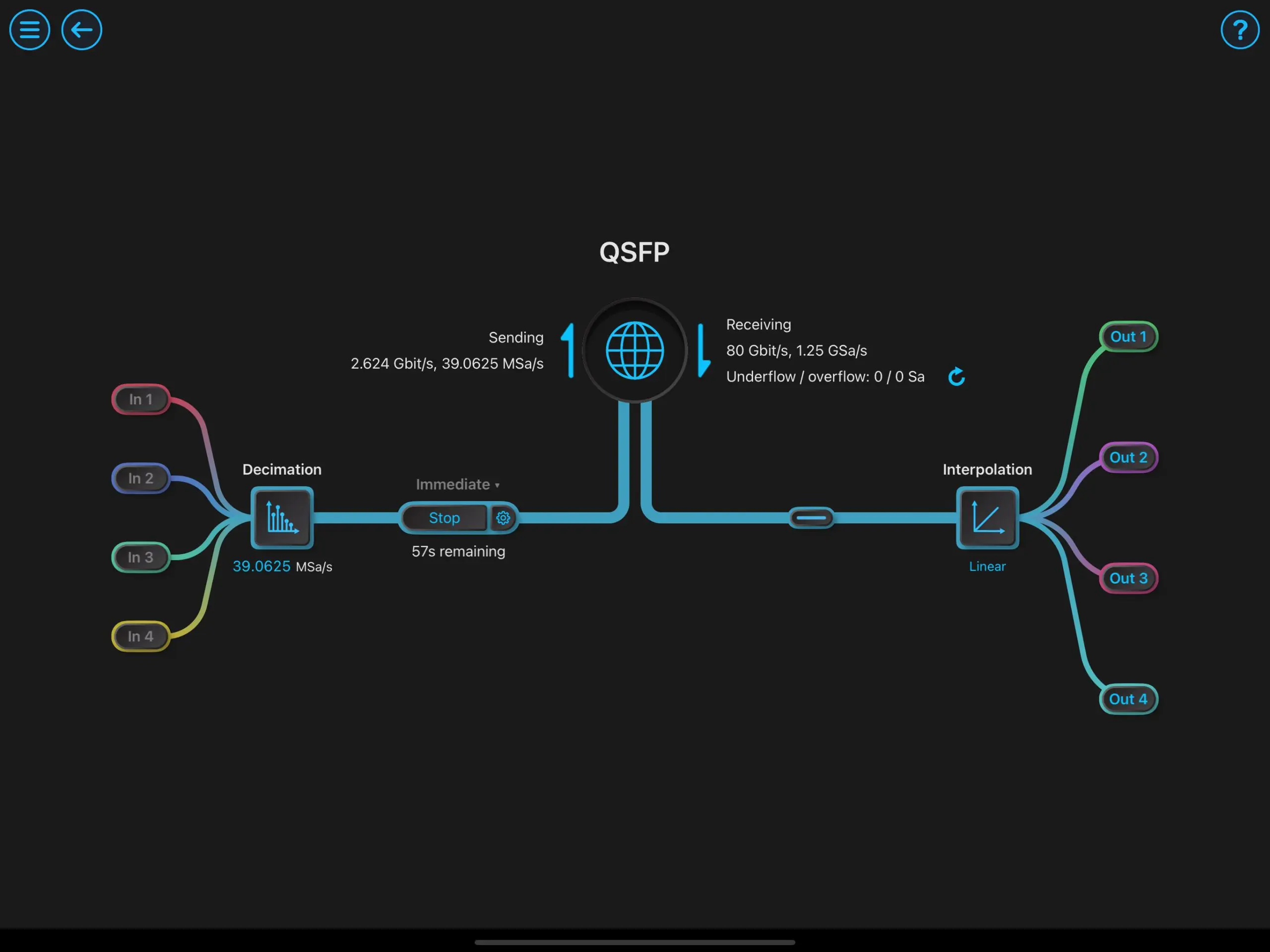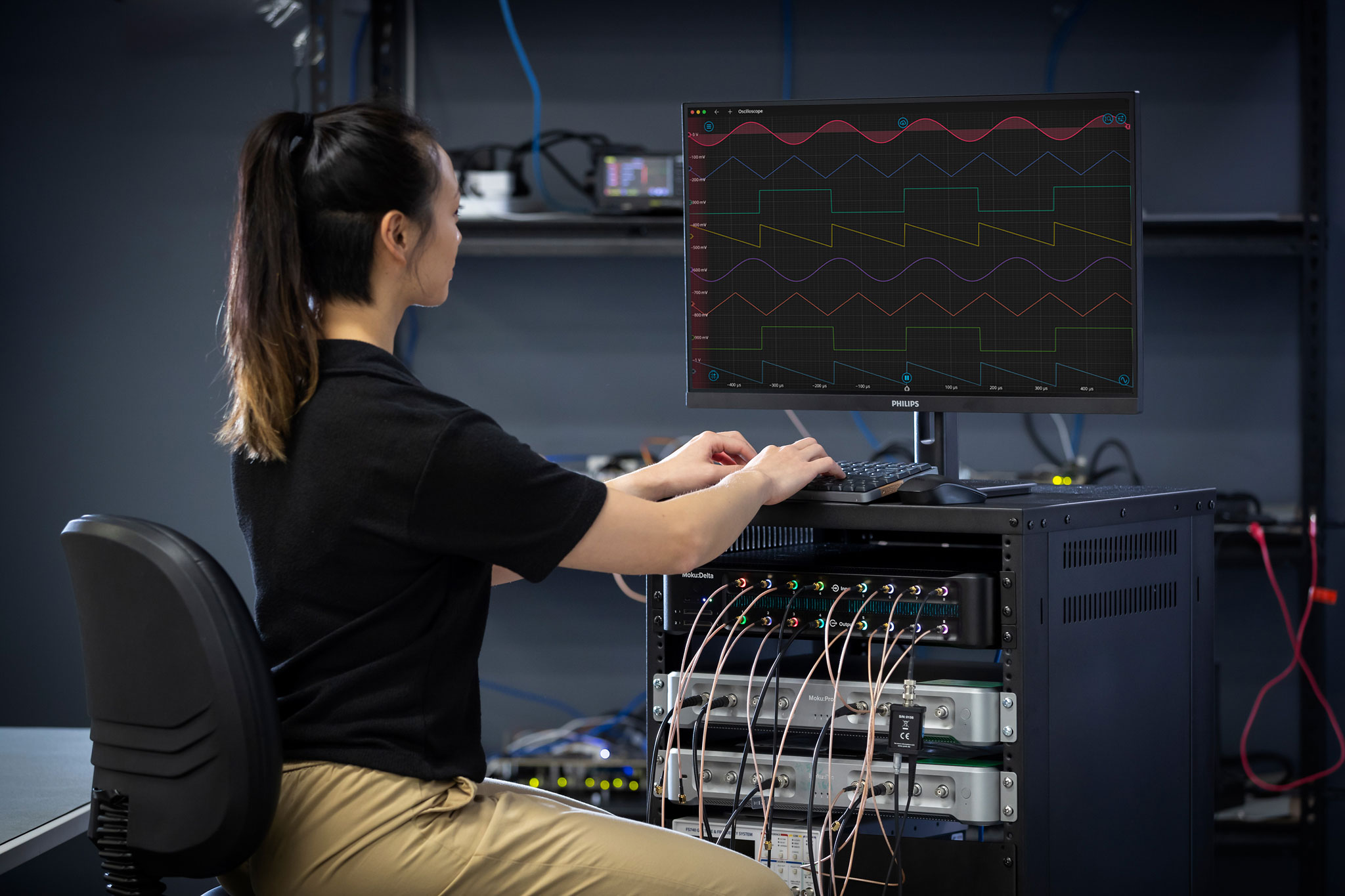Many of you are using and appreciating a compact platform called Moku:Lab, with 15 instruments that support engineering and physics. But you always wondered, why is it called Moku:Lab? and what does Moku mean anyway?
Liquid Instruments has always been a company marked by geographic diversity. At present, our global headquarters is based in San Diego, CA while the R&D team is rooted in Canberra, Australia. Our employees come from China, England, India, Sweden, the Netherlands, and even Texas (it’s like another country), so Liquid Instruments employees are no strangers to the odd-hour video call to collaborate with their trans-Pacific colleagues.
When the company was founded by Australian National University Professor Daniel Shaddock, his former student and current Chief Strategy Officer Danielle Wuchenich was already living and working in California. One day, Daniel and Danielle, along with the rest of the Liquid Instruments founding team were on a call in which a decision needed to be made- namely, what in the world are we going to call this platform? Wanting to skip the alphanumeric formula often used in the test and measurement community, the team pulled out a map and looked for a halfway point.
“Moku” is derived from the Hawaiian word for “island”, mokupuni. When they saw the Hawaiian island chain on the map, the team realized it was perfect.
“The idea was … if you have 1 piece of test equipment you could take to an island — it’d be a Moku,” said Danielle when asked about the name. The team also appreciated that the island connotation meshed well with the company name, “Liquid Instruments”. The company name was inspired by the reconfigurable nature of the hardware and software. Just as water can take the form of the vessel it occupies, our product is fluid, flexible, and reconfigurable to suit the needs of the customer.
The naming conventions initially went instrument by instrument (Moku:Oscilloscope, Moku:Phasemeter, etc.). Unfortunately, Moku:ArbitraryWaveformGenerator did not have much of a ring to it, so the word after the colon now designates the specific hardware platform, bringing on the christening of Moku:Lab.
What’s in a name? It turns out, a lot. It is pretty difficult to condense your product, your company, and your journey into a couple of words, but from our perspective “Liquid Instruments” and “Moku:Lab” do just that.
Have questions or want a printable version?
Please contact us at support@liquidinstruments.com
